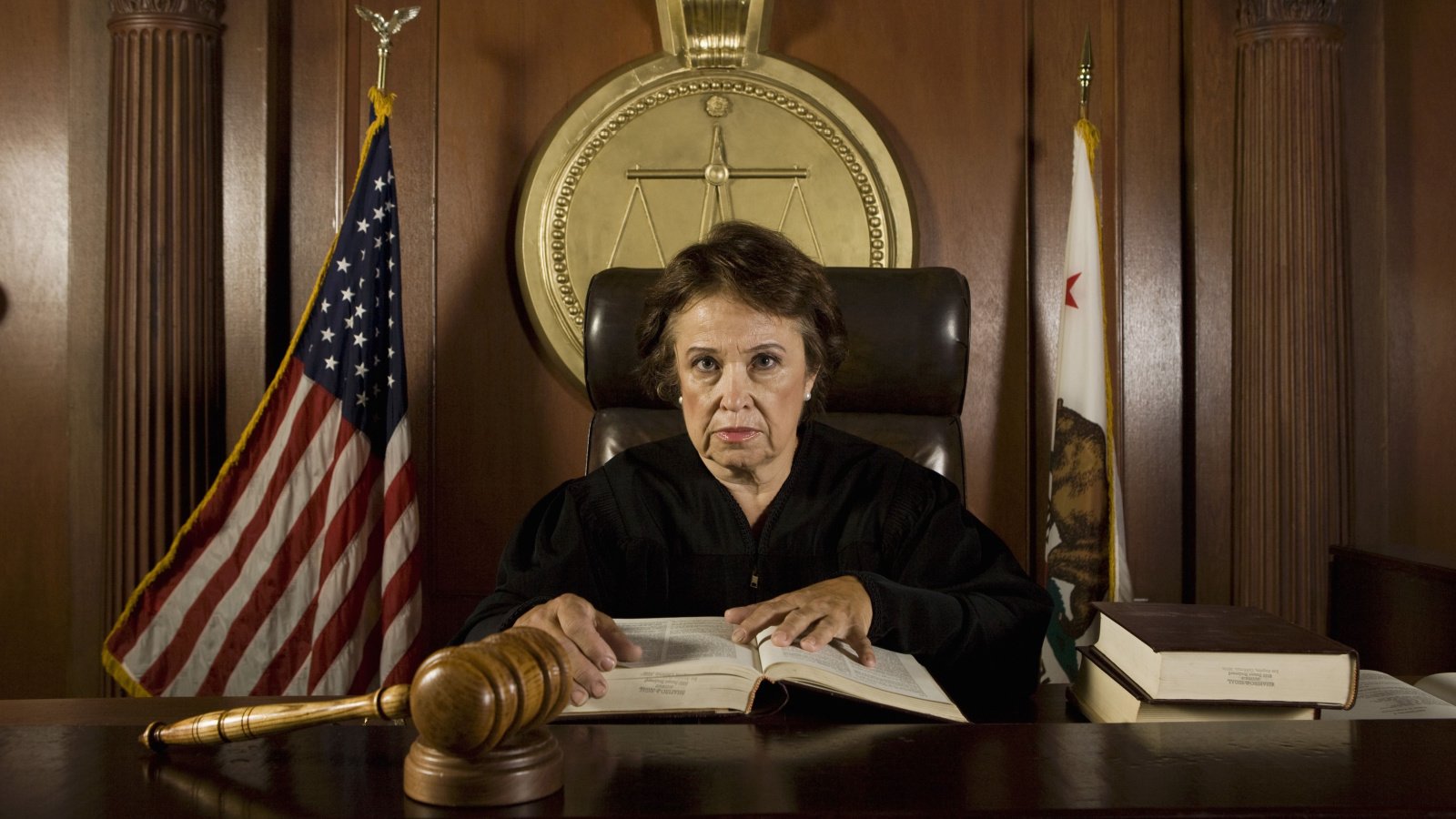It’s only natural for parents to want a say in what books children are exposed to at school. The Georgia legislature is considering requiring parental notification for all materials students borrow from the school library and– more controversially- holding librarians criminally liable for procuring and distributing obscene materials, the same standard applied to Georgia teachers.
Mandated Parental Notification for Checked Out Materials

In Georgia, the state Senate Education and Youth Committee advanced proposed legislation to the full Senate for more debate about a bill that would mandate parental notification for any book their child checks out from school libraries.
Hold School Librarians Criminally Accountable for Providing Explicit Books

This proposal is alongside another more contentious one, which could potentially hold school librarians criminally accountable for providing books with sexually explicit and obscene content. Republican lawmakers continue to push to keep inappropriate books and materials out of the hands of children.
Republican Effort to Eliminate Unsuitable Content from Educational Settings

These initiatives are part of a larger effort by some Republicans across various states to eliminate what they consider unsuitable content from educational settings, arguing that it negatively influences children.
Critics Decry Censorship, Limiting Students’ Freedom

Critics argue that these measures represent an attempt at censorship, limiting students’ ability to learn freely and placing educators and librarians under undue pressure, potentially threatening their employment and well-being.
Reconsidering Relationship with American Library Association Over Concerns

Additionally, Georgia senators are deliberating over legislation that would sever all public and school libraries’ connections with the American Library Association and impose restrictions on the availability of books depicting sexual acts or arousal in school libraries.
Senate Bill 365 Requires Parental Notification

Senate Bill 365, introduced by Georgia Senator Greg Dolezal, aims to allow parents the option to be notified via email whenever their child borrows library materials, a practice already implemented in certain school districts.
Supported by Parents’ Rights Groups

Proponents emphasize the importance of parental rights in overseeing their children’s education and exposure to various materials. Schools are experiencing the impact of growing parent rights movements.
Opponents Argue Bill Infringes on Students’ Rights to Free Exploration and Learning

However, opponents of the bill argue it infringes on students’ rights to free exploration and learning, suggesting it’s part of a broader agenda to restrict access to diverse ideas and information.
Notification Bill Passed Out of Committee; Criminalization Bill Yet to Be Debated

Senate Bill 365 passed 5-4 out of committee for full consideration in the Georgia Senate.
Senate Bill 154, also sponsored by Dolezal, has yet to be debated in the Georgia legislature and is considerably more controversial.
Controversial Bill Proposes Criminal Charges for Librarians over Explicit Books

SB 154 proposes criminal charges for librarians who distribute sexually explicit materials deemed harmful to minors, which violate state obscenity laws. Dolezal argues that librarians should be held accountable.
Teachers Can Be Prosecuted, But Currently Librarians Exempt from Charges

Under current law, teachers in Georgia can be prosecuted for distributing obscene material, but libraries cannot. Dolezal’s bill would address this disparity as far as the school system is concerned.
Puts Accountability Up Front at the Procurement and Distribution Process

The bill aims upstream from when the student encounters potentially obscene books in the library, placing accountability at the forefront of the procurement process before the books hit the shelves.
Librarians Must “Knowingly” Distribute to Be Held Liable

The bill challenges the current exemption for public librarians from such obscenity charges, with modifications suggesting librarians could only be penalized if they “knowingly” distribute prohibited content.
Unclear Guidance for “Obscenity” Designation Through State Law

This bill’s proponents aim to eradicate sexually explicit materials from school libraries, although it is noted that much of this content does not meet the state’s criteria for obscenity. The lack of clarity and misalignment on this issue could cause concerns for librarians who do not want to break the law but do not have adequate guidance.









Awesome post! Join the fun at https://seq-2whatsapp.com WhatsApp 网页版能够帮助用户实现工作与生活的无缝连接。 . Date: 2026-01-08 07:41:17 (-03).